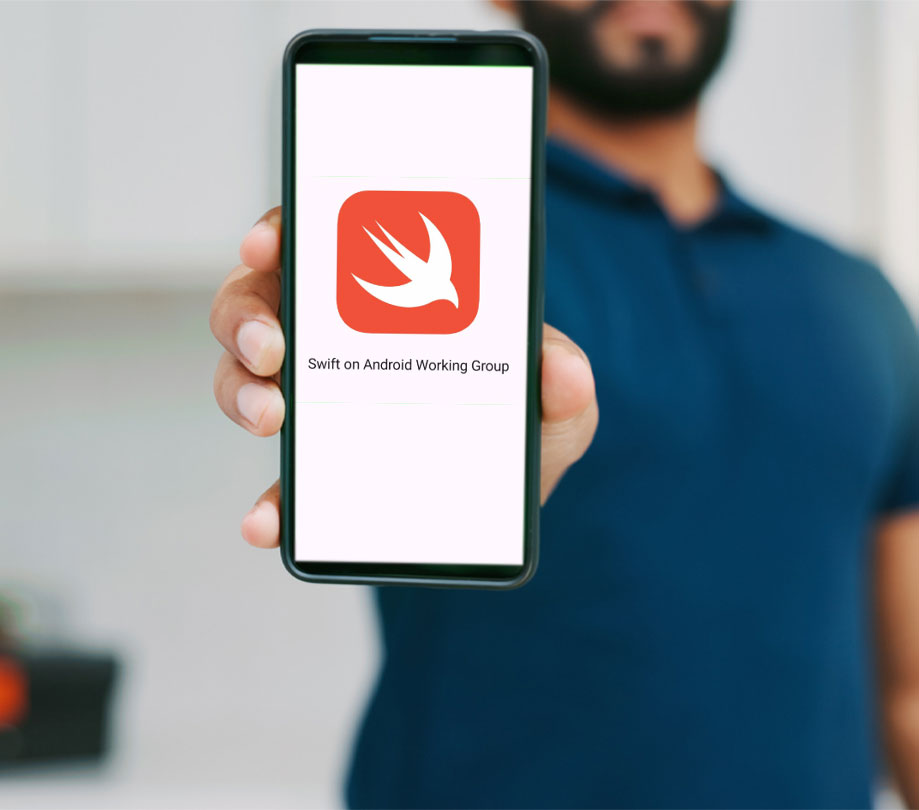webos
webos news search results
Developer news items we found relating to webos
9 results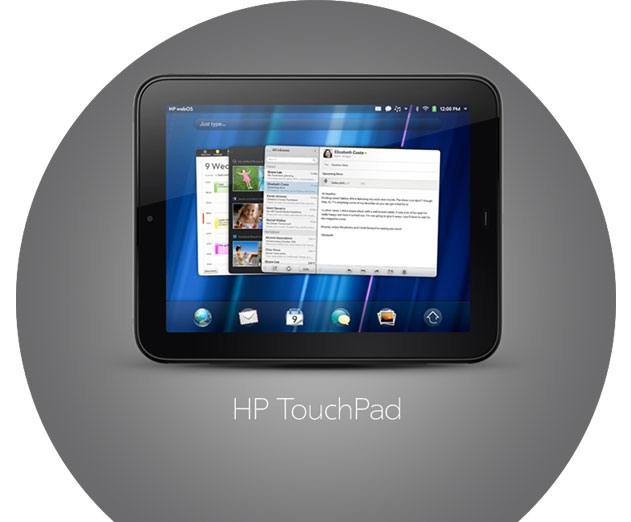
HP To Shut Down webOS Services, Shutting Out App Developers From the Operating System
Monday, November 3, 2014 by Richard Harris
The final death knell of the HP webOS platform is finally here, at least as far as HP will be involved, as the company has announced that it is shutting down webOS cloud services as of January 15, 2015. For the few devices left running webOS like the HP Touchpad, developers will be left out in the cold in terms of providing any new updates. webOS is not dead howeve...
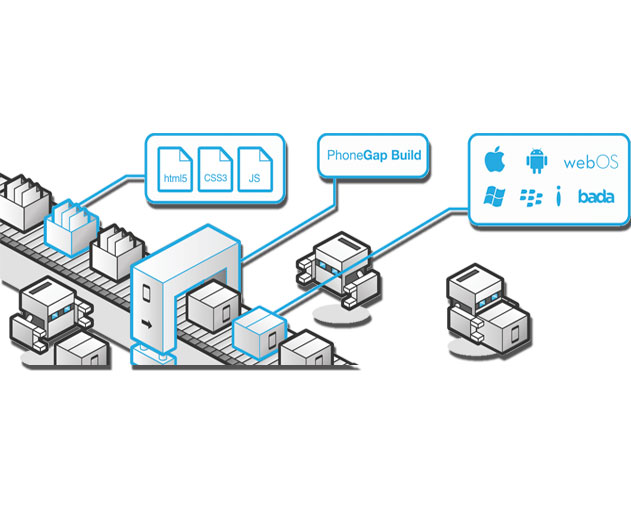
Cordova Announces Cordova 2.9, WebOS, Symbian, Blackberry and Windows Phone 7 Deprecations for PhoneGap
Tuesday, October 21, 2014 by Richard Harris
Cordova has deprecated WebOS, Symbian, Blackberry and Winphone 7, as well as for all Cordova versions below 3.0, as of October 15, 2014. The Cordova teams says that it has stopped active development on these platforms because they realized continuing support for these platforms on PhoneGap Build would mean less available resources to focus on adding new platforms o...

LG Launches New webOS TV SDK Developer Site
Monday, July 14, 2014 by Stuart Parkerson
LG has launched a new webOS TV Developer Site to provide a one-stop resource center for all developer requirements for webOS TV applications. Developers can learn how to plan, design, develop and publish webOS application for the LG Smart+ TV.About the New WebsiteDevelopers can download and install the webOS TV SDK and set up the development environment. The S...
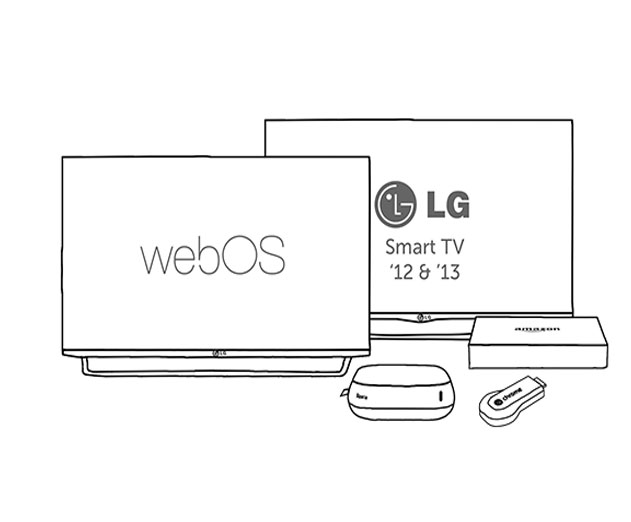
LG’s Connect SDK Provides Open Source Framework to Develop Apps Across Multiple TV Platforms
Monday, April 21, 2014 by Richard Harris
LG’s Connect SDK is an open source framework that connects mobile apps with multiple TV platforms. Because most TV platforms support a variety of protocols, Connect SDK integrates and abstracts the discovery and connectivity between all supported protocols.To discover supported platforms and protocols, Connect SDK uses SSDP to discover services such as DIAL, D...
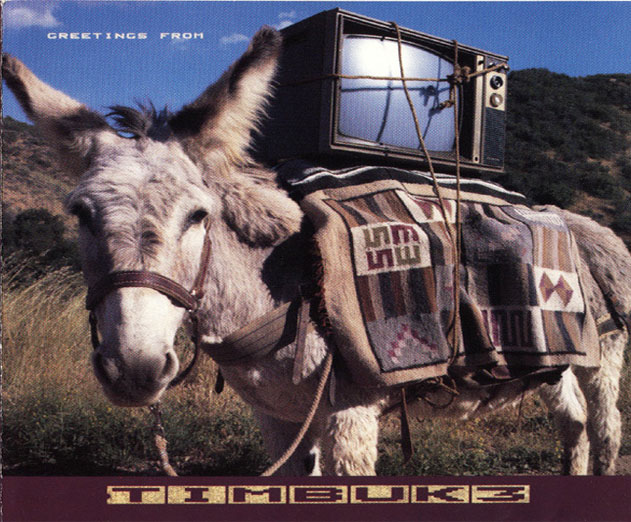
Google Believes it Will Rule Smart Wearable App Market With New SDK
Thursday, March 13, 2014 by Stuart Parkerson
Sundar Pichai with Google has dropped the news that Google will release an SDK for the wearable’s market in a couple of weeks. He discussed the SDK during a presentation at SWSX on Sunday.It’s the latest salvo in the war for app domination by the two biggest players in the market. Last week Apple launched CarPlay with Ferrari, Mercedes-Benz, Honda, Hyunda...
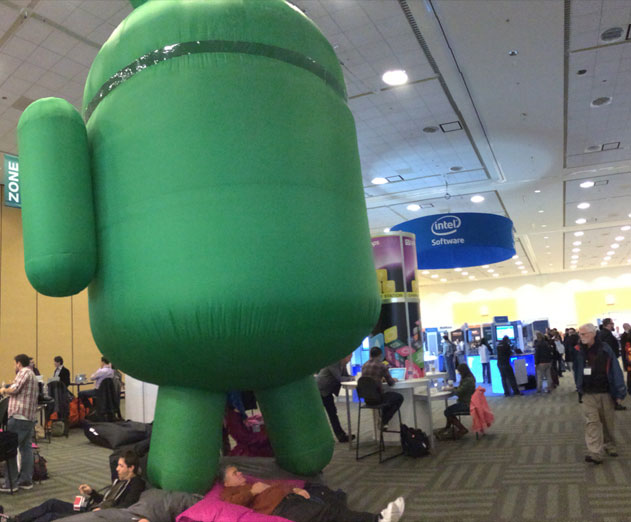
App Developers See More Enterprise Mobile Solutions, Signs of Life for BlackBerry at Apps World North America
Friday, February 7, 2014 by Richard Harris
We just finished up two days of another great event, as by all accounts Apps World North America 2104 was bigger and better than last year. Its just too big an event for us to cover every aspect of the presentations, exhibitors and other activities, so I thought I would present a few thoughts on the event itself and a few nuggets of interest (at least I tho...
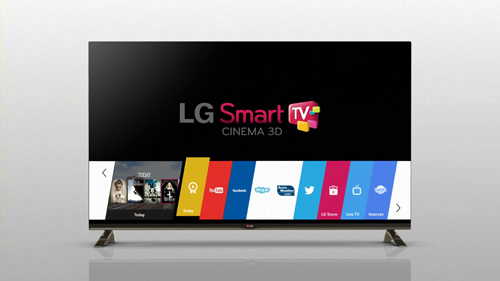
LG to Launch webOS Platform for Smart TV Apps
Monday, January 13, 2014 by Stuart Parkerson
LG Electronics has announced that webOS, which was purchased from Hewlett-Packard in March last year, has been reinvented and reintroduced as LG’s new Smart TV platform. The webOS platform will be implemented in more than 70 percent of LG’s Smart TVs in 2014. The Linux-based webOS was initially developed and launched by Palm in 2009 and the plat...
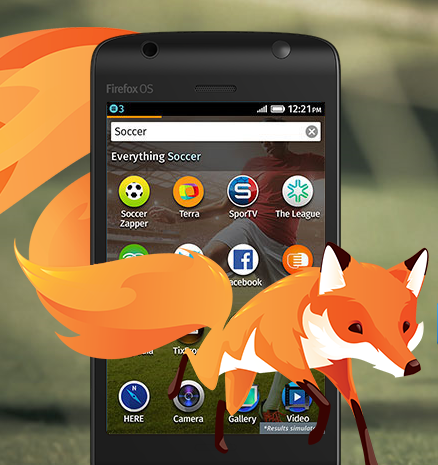
Mozilla Temps App Developers With Round 2 of Free Firefox Phones
Thursday, September 5, 2013 by Stuart Parkerson
In May Mozilla launched the Phones for Apps for Firefox OS to encourage app developers to port their HTML5 apps to the Firefox platform. The free Geeksphone Keon phone program maxed out and many developers were unable to get a free phone. Mozilla has restocked its phone inventory and is again enticing developers to port their current HTML5 app. The company is not guara...
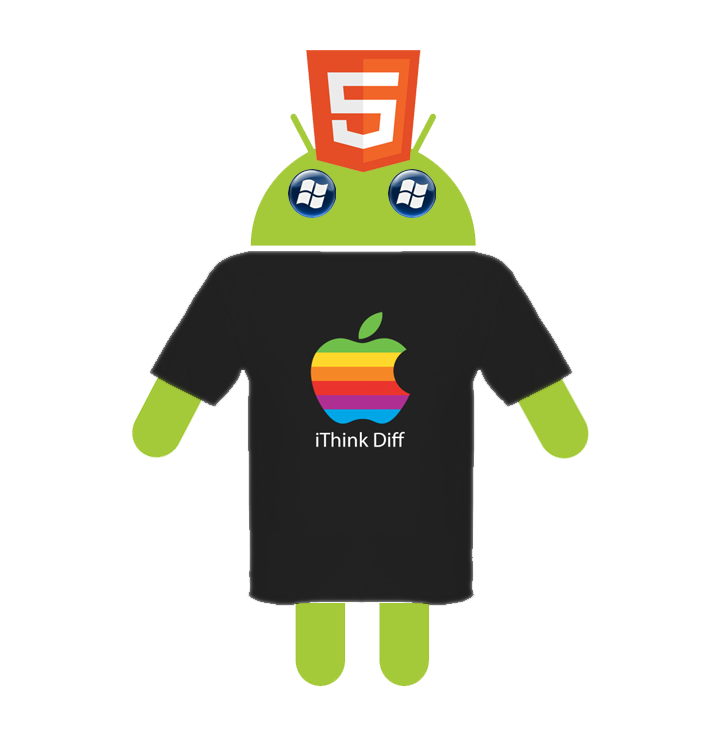
Cross Platform App Development Where, What and Do You Need it
Monday, August 19, 2013 by Richard Harris
The problem of cross-platform development is as old as computer programming itself. Cross-platform software can be divided into two types. One requires individual building or compilation for each platform that it supports, and the other can be directly run on any platform without special preparation, e.g. software written just once in an interpreted language for which t...
Featured Stories

Stay Updated
Sign up for our newsletter for the headlines delivered to youSuccessFull SignUp







